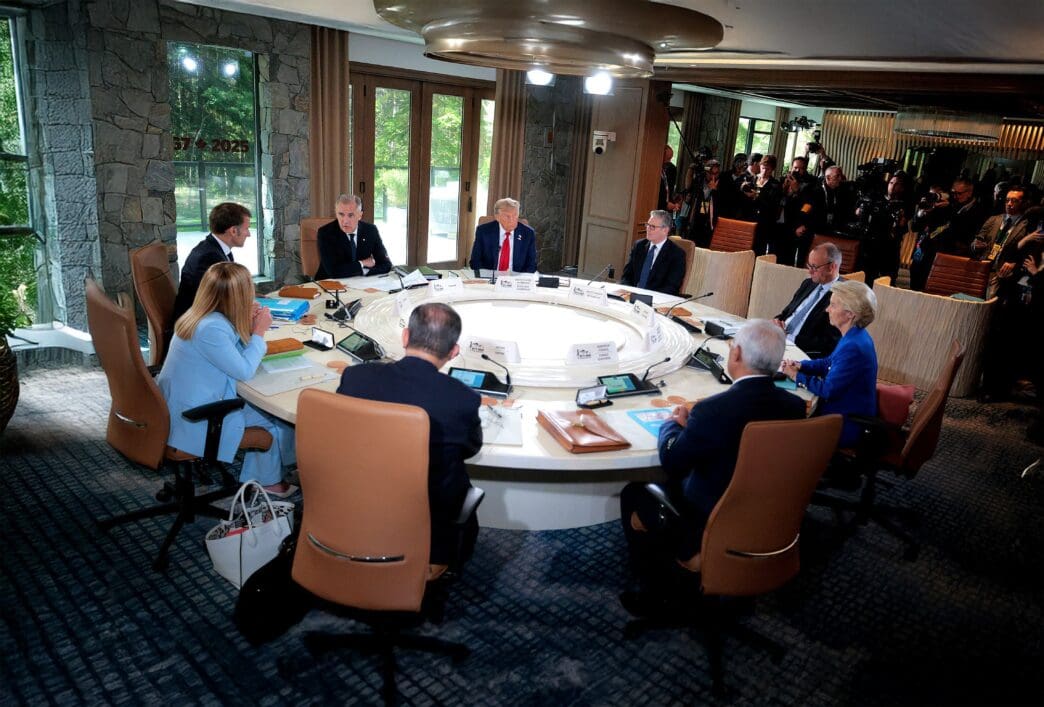Executive Summary
The Story So Far
Why This Matters
Who Thinks What?
European Union leaders continue to seek collaboration with the United States on China policy, even as American envoys express strong disapproval of the bloc’s digital regulations. This dynamic was evident at a forum held in Brussels on Tuesday, where US diplomats criticized Europe’s green, digital, and economic policies, emphasizing that the EU would need to adapt them to maintain favorable relations with President Donald Trump’s administration.
US Criticism of EU Policies
US Ambassador to the EU Andrew Puzder, who assumed his role last month, specifically targeted the EU’s digital laws. He advocated for a “simplification” of these regulations, stating that no US president, particularly President Trump, would tolerate a foreign government restricting the First Amendment rights of US citizens to an extent that the US government itself could not.
Ambassador Puzder made these remarks at an Atlantic Council event, underscoring the US position on digital governance. He insisted that such regulatory changes were crucial for the EU to remain in President Trump’s good graces.
Alignment on China Policy
Despite these policy disagreements, Puzder identified China as a key area for joint action after the ratification of a tariff deal agreed upon in Scotland in July. He stressed the importance of a shared understanding between the EU and the United States regarding China.
The ambassador emphasized the need for a “joint recognition… as to the strategic and economic threat of the People’s Republic of China.” This highlights a significant area of potential convergence amidst other contentious policy discussions.
Key Takeaways
The recent discussions in Brussels underscore a complex relationship where the EU and the US aim for strategic alignment on China, despite persistent US demands for changes in European digital and economic policies. The US administration, under President Donald Trump, continues to press for regulatory adjustments while prioritizing a unified front against China’s perceived economic and strategic threats.








